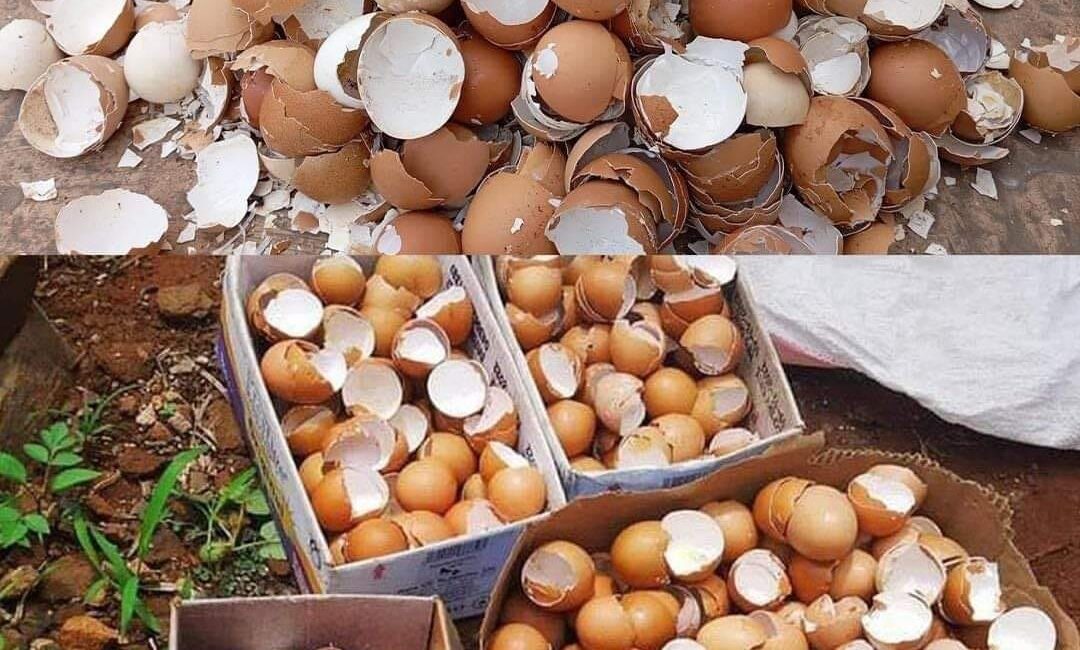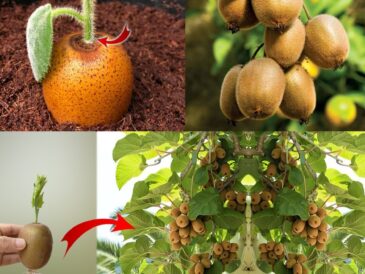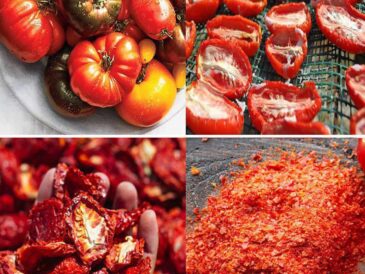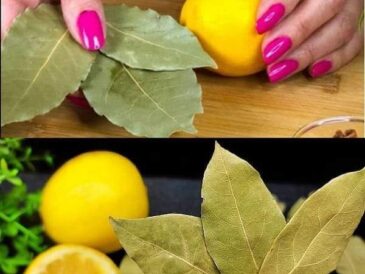Eggshells: the often-overlooked byproduct of our breakfast, brunch, or baking endeavors. Unless you are one of the few culinary wizards who save every scrap, the majority of people simply toss them in the trash without a second thought. However, this common practice overlooks the potential benefits and myriad uses of eggshells, making them one of the most underestimated kitchen items. In this article, we will delve into the various advantages of eggshells, exploring their nutritional value, practical applications, and environmental impact, ultimately illuminating why we should be rethinking their fate.
The Nutritional Powerhouse of Eggshells
First and foremost, let’s talk about the nutritional potential locked within those fragile shells. Eggshells are primarily composed of calcium carbonate, which constitutes about 95% of their content. This mineral is crucial for human health, playing an essential role in maintaining bone density and preventing conditions such as osteoporosis.
But the benefits of eggshells extend beyond just calcium. They also contain trace minerals, including magnesium, phosphorus, and manganese, which can contribute to overall health. Additionally, eggshells boast collagen, which is vital for skin, hair, and nail health.
For those with an interest in alternative health practices, crushed eggshells can be consumed as a natural calcium supplement. By baking the eggshells at a low temperature to sanitize them and then grinding them into a fine powder, individuals can incorporate them into smoothies, soups, or teas. One teaspoon of eggshell powder can provide between 400 to 500 mg of calcium — a significant contribution to the recommended daily intake of calcium, especially for vegans and lactose-intolerant individuals.
Natural Fertilizer: A Gardener’s Best Friend
Beyond nutrition for humans, eggshells serve as an unparalleled resource for gardening enthusiasts. Rich in calcium, they can help amend soil quality, making them a valuable addition to any compost bin or garden plot. When crushed and sprinkled into garden beds, eggshells help to improve drainage, aeration, and moisture retention, all while slowly releasing the nutrients into the soil.
Moreover, eggshells can deter certain garden pests. Their sharp edges can discourage soft-bodied insects like slugs and snails from reaching delicate plants. Thus, incorporating eggshells into your gardening routine can create a more bountiful harvest while minimizing the need for chemical pesticides.
The Role of Eggshells in Sustainable Living
In our contemporary world, where sustainability and environmental consciousness are gaining traction, finding ways to minimize waste is more critical than ever. According to the Food Waste Reduction Alliance, approximately 40% of food in the United States goes uneaten. This statistic highlights a staggering amount of waste, making it imperative for households to consider every part of their kitchen scraps.
By using eggshells instead of discarding them, we can take a small but significant step towards reducing waste. Composting eggshells contributes to a cycle of nutrient recycling in the garden, and their lightweight composition means they break down easily, making them a helpful addition to homemade compost.2
In addition to gardening, another sustainable application of eggshells can be their use in natural cleaning products. Crushed eggshells can serve as a gentle abrasive in scrubbing pots and pans, cutting through grease without scratching surfaces. This eco-friendly alternative to chemical-laden cleaners also reduces plastic waste, as you’ll be less likely to buy pre-packaged cleaning solutions.
Creative Uses for Eggshells in Everyday Life
While their nutritional value and gardening benefits are compelling, eggshells also have an impressive array of creative applications beyond typical kitchen practices:
1. Household Cleaning
Earlier mentioned, eggshells can be an eco-friendly alternative to commercial cleaning products. To create a simple and effective cleaner, mix crushed eggshells with water and use it to scrub surfaces, pots, and pans.
2. Beauty Treatments
Crushed eggshells can serve as an excellent ingredient in various DIY beauty treatments. They can be incorporated into facial scrubs, where the fine powder can help exfoliate the skin. The calcium in eggshells has the potential to promote healthy skin, making it a multitasking ingredient.
3. Pest Repellent
As discussed earlier, the jagged edges of crushed eggshells can deter pests like snails and slugs in the garden. However, they can also be sprinkled around doorways and windowsills to create a barrier against pests in your home.
4. Craft Projects
Eggshells can be utilized in an array of craft projects. For instance, they can be dyed and used as ornaments during holidays or in décor items. They can also be incorporated into mosaic art for unique and textured designs.
5. Educational Experiments
Eggshells make for fascinating educational experiments, particularly when trying to demonstrate the properties of different materials. Kids can explore concepts like osmosis and equilibrium by studying eggshells in vinegar, which dissolves the calcium carbonate and causes the shell to disappear, leaving a resilient membrane behind.
The Ethical Case for Reducing Food Waste
Fundamentally, the conversation surrounding eggshells extends beyond individual benefits; it ties into a global narrative about food waste and ethical consumption. In a world grappling with food insecurity and environmental degradation, learning to utilize every part of our food is vital.
Eggshells are often simply discarded, yet they represent an opportunity to reduce the ecological footprint of our households. By recognizing the potential value in what we typically see as waste, we can cultivate mindful consumption habits and embrace a more sustainable lifestyle.
Conclusion: Rethinking Eggshells
In conclusion, eggshells are a treasure trove of nutrients and practical applications that deserve far more appreciation than they currently receive. From serving as a nutritious supplement to enhancing garden health, cleaning surfaces, and taking part in creative activities, eggshells exhibit a range of beneficial properties that can enrich our lives.
By identifying and embracing the potential of eggshells, we not only improve our own health and environment but also contribute to a larger movement towards sustainability and mindful consumption. The next time you crack an egg, consider what you might be throwing away. Those seemingly inconsequential shells might just hold the key to a healthier, more sustainable lifestyle. Let’s not waste them; instead, let’s put them to work!




